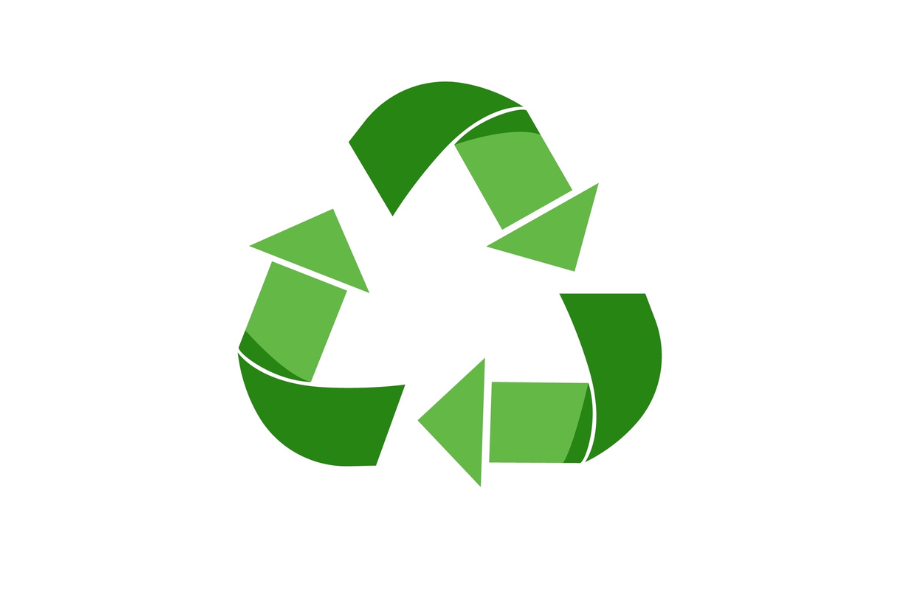
Of 147 companies ranked with stated recyclability goals, only 22 are on track to meet them. | Valeriya Bogdanova/Shutterstock
Most companies are likely to miss their recyclability goals and are using more plastic than before despite reduction goals, but there has been a shift to supporting extended producer responsibility policies, according to a recently released report card from the environmental activist group As You Sow.
The organization’s “Plastic Promises Scorecard” ranked 225 companies, most with annual revenues of at least $1 billion, on how well they are meeting their public commitments. Of 147 companies with stated recyclability goals, only 22 are on track, the report noted, as “most packaging fails to align with what American communities have the capability and capacity to recycle in practice and at scale.”
Several big companies, such as Unilever and Colgate-Palmolive, have publicly acknowledged that they will not meet their goals, pointing to system-wide failures and slow infrastructure improvement. In the report card, Unilever scored a B- and Colgate-Palmolive scored a C+.
Some other overall grades included ALPLA Group (C), Amcor (D+), Berry Global (C-), The Coca-Cola Company (B), Danone S.A. (C+), Driscoll’s (C+), Johnson & Johnson (D-), Keurig Dr Pepper (B), Nestlé SA (C+) and SC Johnson (B).
In addition, about 100 of those companies pledged to use less virgin plastic but are focused on replacing that use with recycled resin rather than reducing plastic use overall.
“Most companies have recycled content goals, but don’t invest in infrastructure to facilitate recycling,” according to As You Sow’s press release. “Of the 225 companies, 145 have a goal to utilize recycled content. However, there is not enough recycled content supply to meet demand due to a lack of corporate investments in packaging collection and recycling.”
Far fewer companies have “quantitative, timebound goals” to collect packaging for recycling, the report stated, and when it comes to reuse, there are 43 companies running pilot programs but very little permanent adoption.
About 20% of the listed companies have publicly supported EPR.
The full report includes grades for individual areas: recyclability, reduction, recycled content, recovery, reuse and EPR.
Kelly McBee, lead author of the report and circular economy manager at As You Sow, said companies can use the report “to prepare for a future where plastic packaging pollution is no longer an acceptable part of doing business.”

